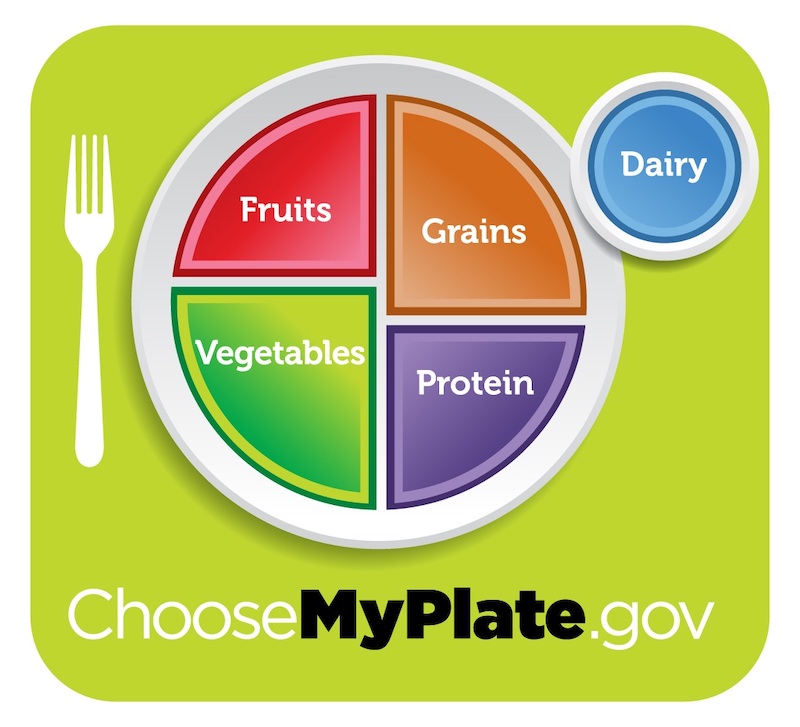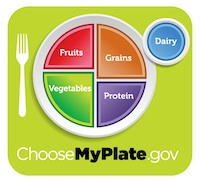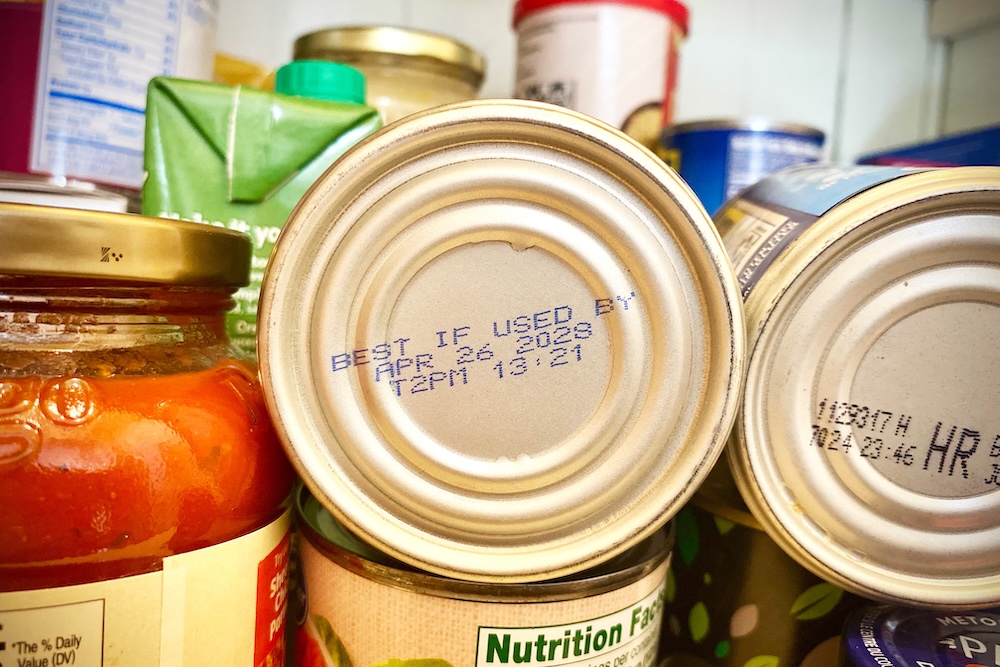During the current COVID-19 crisis, many people find themselves wondering how to eat healthy meals while remaining at home.
Making fewer trips to the grocery store means that personal food supplies need to last longer. If you are at a loss for what items to stock up on, use MyPlate, www.choosemyplate.gov, as a guide to help you and add some of these non-perishable (unrefrigerated) food items to your “shelter in” diet.
Grains
Grains, particularly whole grains, are high in fiber, vitamins and minerals and provide energy. Whole grain pasta, whole wheat flour, whole-grain cereal, brown or wild rice, quinoa, barley, amaranth, farro, oats, granola, tortillas and popcorn are all excellent choices. When choosing pre-packaged items, aim for items low in sugar, high in fiber. For foods with several ingredients, like breads and cereals, look for the first word in the ingredients list to be “whole.”
Protein
Beans and peas, whether canned or dried, are always a great source for protein and fiber and have no saturated fat or cholesterol. When choosing canned beans and peas, select items that are reduced sodium or no salt added when available. Rinse beans and peas in a colander to further reduce sodium. Dried beans and peas require soaking before conventional cooking but do not require presoaking if cooked in an electronic pressure cooker.
Canned meat and seafood, such as chicken, salmon or tuna, are convenient ways to add meat to your diet. Select those packed in water rather than oil and choose items with the least amount of sodium.
Nuts, seeds and nut butters (without added sugars) are another great way to get protein and are full of heart-healthy unsaturated fats
Dairy
Calcium and vitamin D, necessary for strong bones, healthy teeth, and prevention of osteoporosis, are most often found in dairy foods. A great alternative to refrigerated items is to have on hand dry milk, ultrahigh temperature (UHT) pasteurized milk and shelf-stable, plant-based milk beverages.
Fruits
Dried, canned, or fresh, fruit is full of fiber, vitamins and minerals. Fresh citrus (full of vitamin C) can be kept at storage temp (50-70 degrees Fahrenheit) for up to 10 days. Choose canned fruits in water or their own juice, as those canned in light or heavy syrup are high in sugar. Dried fruits can be enjoyed on their own or mixed with whole-grain cereal and nuts to create trail mix.
Vegetables
The beauty of canned vegetables is that you can enjoy your favorites regardless of the season. Vegetables are packed with fiber, vitamins and various important minerals. When choosing vegetables, select those low in sodium or with no salt added. Draining and rinsing will further reduce the sodium content.
For more information on nutrition and food preparation and selection, see University of Georgia Cooperative Extension publications at extension.uga.edu/publications.








